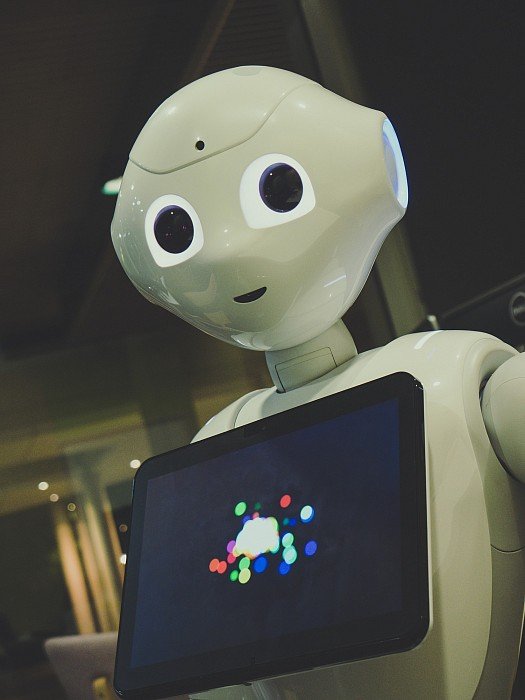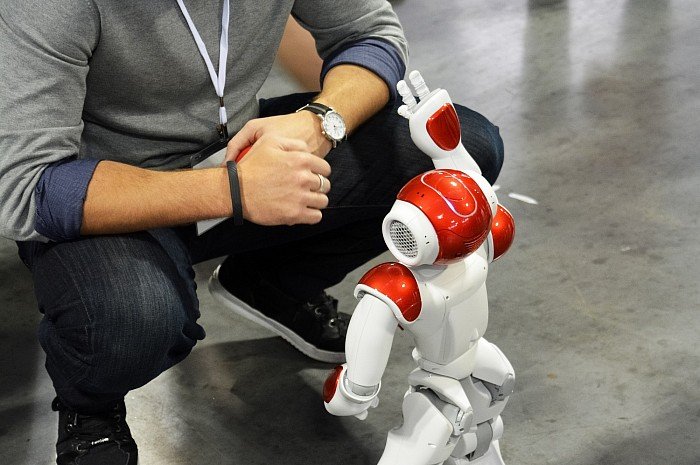Will AI replace doctors??

This is a question that pops up in the medical space repeatedly every year. It's not quite surprising that the question repeats itself each year because we keep having more advancements in the medical technology space year after year.
These advancements keep coming steadily, so you can be sure some things are bound to change about how we see medical practice and the subject of health as a whole in the near future.
What exactly is AI?
AI means Artificial Intelligence. It is the ability of a computer or computer-controlled robot to perform tasks commonly associated with intelligent beings. (Brittanica)
AI already lives with us and has come to stay. You would probably have heard of machines that can attempt to think, make rational decisions and behave in similitude to humans. A lot of them are based on concepts like machine learning and its algorithms.
An algorithm is basically a set of instructions for solving a problem or accomplishing a task. (Investopaedia)
There are a lot of applications of AI in medicine. A common application is in imaging- identifying abnormalities in images using various pre-set algorithms. An example would be identifying skin cancer lesions. Usually, a computer would have initially been exposed to a lot of images showing what a normal skin should look like. Similarly, it would be exposed to a lot of abnormal skin images. From that knowledge, a set of instructions would be developed to help it identify abnormal skin lesions.

It sounds pretty much straightforward, but the practice of medicine is never black and white. It's usually a shade of various colours. Still using the example initially given, what if there are lesions that are not cancerous but look very much like cancerous ones. Such lesions would take an analysis of various other factors such as other clinical symptoms, risk factors, family history and ultimately a skin biopsy in some cases to correctly identify them. It might take the expert input of a dermatologist or a pathologist to truly identify what is benign (not cancerous) from what is malignant (cancerous). This singular factor makes the development of algorithms with very practical applications a big problem.
Improvements however keep coming into the AI health space each year, with medical devices making more correct diagnoses.
We now have apps on several platforms, including Android, iOS, Windows, that can predict disease conditions fairly well from just images. Their level of accuracy however varies a lot. But then, a good number of them are quite useful.
Other AI applications in health include chatbots used in triaging, nursing assistants, robots in surgery, machine learning in drug discovery, automated Electronic Health Records systems etc.
Central to all these applications is the absence of full autonomy in the use of these technologies.
Due to the singular factor that the practice of medicine is an interplay of many things in the diagnosis and management of patients, AI still remains very much subject to supervision, and cannot yet achieve full autonomy. Therefore, the input of physicians and healthcare providers remain invaluable due to the apparent lack of variability, dynamism and highly organized intelligence in machines and computer systems.

AI however greatly contributes to decision-making and helps health professionals carry out tasks more seamlessly and efficiently. This is already a big contribution to the health space and can only get better.
So will AI replace doctors?
For now, it's a BIG NO. AI will only improve healthcare delivery. It won't replace healthcare providers.
But then, who would have thought 100 years ago that there would be these powerful tools called smartphones that fit in your pocket a century later?
We would probably get to a point in human existence where it won't be something out of the ordinary to find fully autonomous machines and computer systems.
But till then, go see your doctor today!